
14 Foot Health Tips
General Foot Health
Healthy feet are part of a healthy body. And a little preventative foot care goes a long way to maintain good foot health. From nail trimming and foot bathing to sock wear and shoe protection, these 14 helpful tips can help to keep you in step with good foot health.
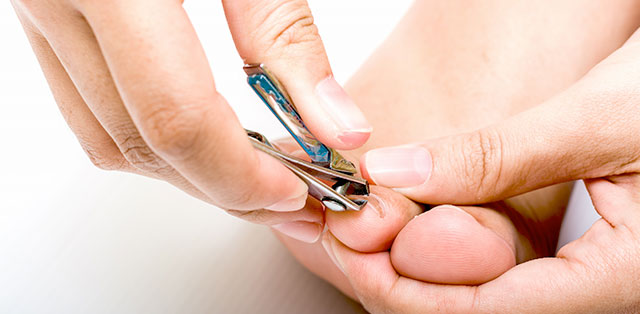
Cut nails carefully, and always straight across
Trimming nails too short or tapering them at the edges often leads to ingrown toenails.
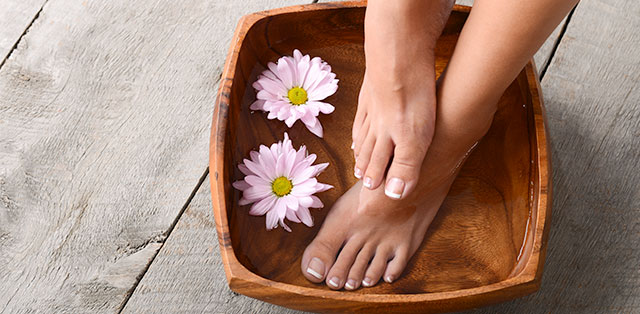
Be gentle when bathing your feet
Keeping your feet clean can prevent infection. Being gentle as you bathe them prevents unnecessary abrasions.
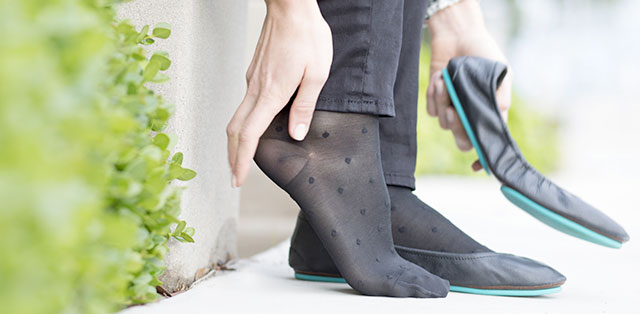
Inspect your feet daily
Check your feet for cuts, blisters, scratches, redness and swelling. Catching these problems early can help prevent more serious complications later.
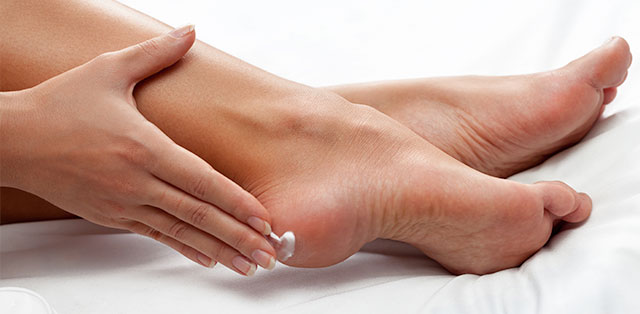
Moisturize your feet — but not between your toes
Moisturizing your feet will prevent dry skin, which is more likely to crack and become infected. Moisturizer trapped between your toes can breed fungus.
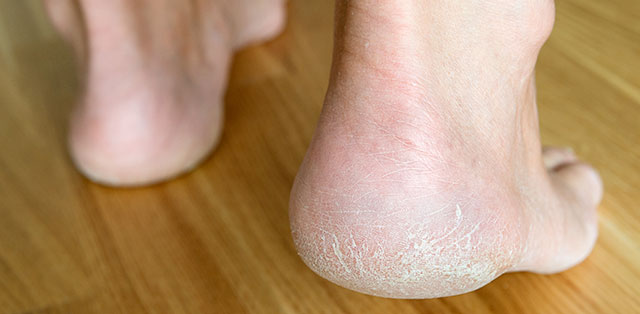
Never trim corns and calluses
Over-the-counter chemical agents and do-it-yourself corn and callous treatments can irritate the skin of your feet. Ask your podiatrist to trim any corns or calluses you develop.
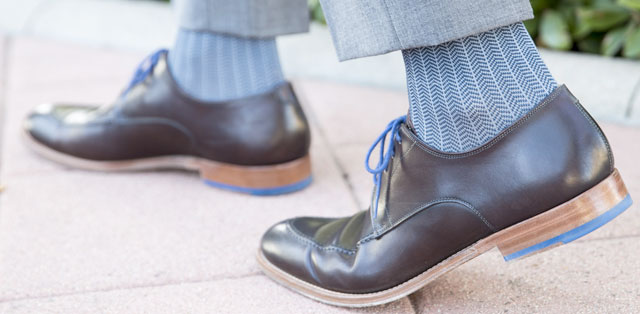
Wear clean, dry socks
Keeping your feet clean and dry is the first step to avoiding infection. Socks should be free of significant seams and stitching — and made of moisture-wicking materials. Dyes that bleed from sock fabric can cause infections in open wounds.
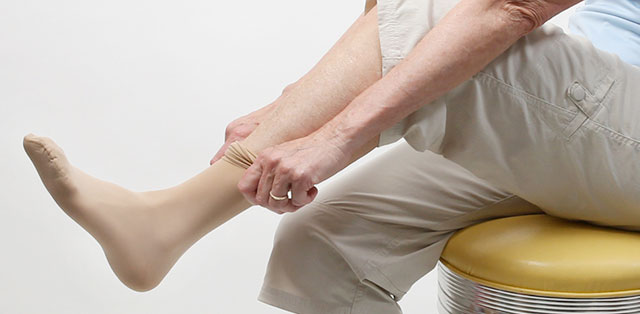
Avoid loose or tight fitting socks
Socks that are too loose can cause friction inside your shoes, which can lead to blisters and other irritations. Socks that are too tight can restrict blood circulation.
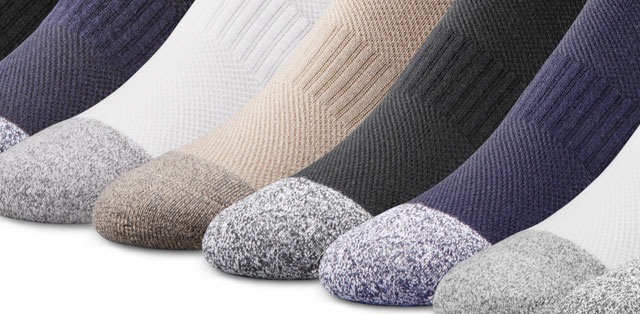
Wear socks to bed
Wearing clean, comfortable socks to bed is the best way to keep your feet warm at night. Never use a heating pad or hot water bottle.
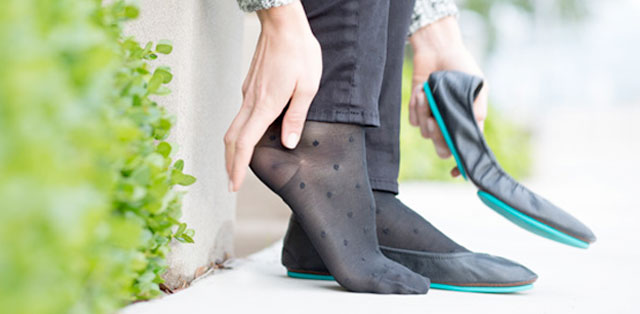
Shake out and inspect the inside of your shoes
Always be sure the inside of your shoes are free of irritants and loose debris that might irritate your feet.
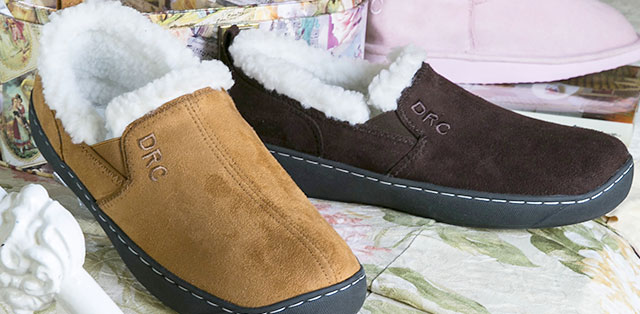
Keep your feet dry and warm
Fungus and infection thrive in cool, moist environments. Keeping your feet warm and dry will protect them from such conditions as athlete’s foot.
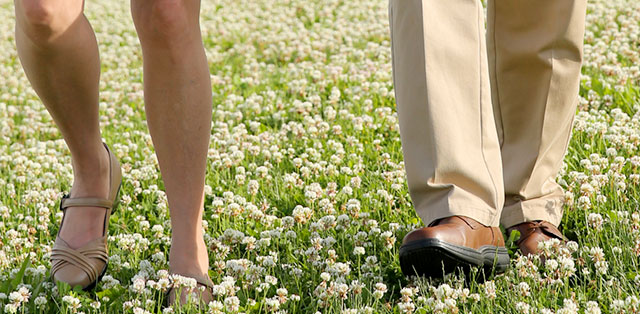
Never walk barefoot
Shoes and slippers are a simple way to protect your foot from bumps and bruises that can turn into more worrisome complications.
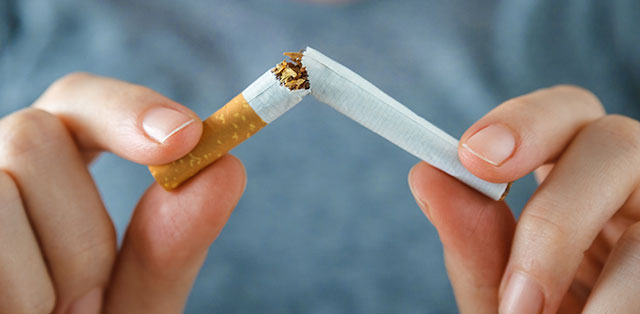
Don’t smoke
Smoking impairs blood circulation. Maintaining healthy blood circulation to their extremities is key to preventing amputation for people with diabetes.

Take care of your diabetes
Responsible diabetes management will reduce your chances of developing the complications that can lead to amputation.
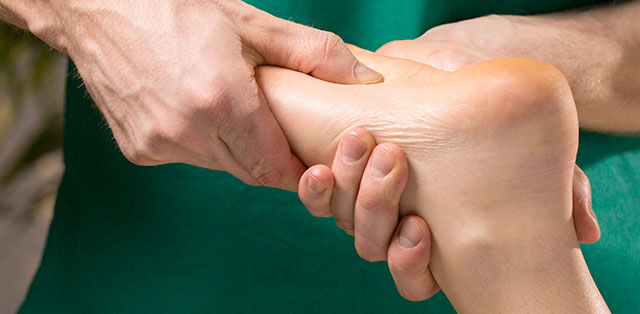
Get periodic foot exams
Visit a podiatrist if you’re experiencing symptoms or you have any questions at all about the health of your feet. Your podiatrist will recommend how often you should have follow-up appointments.






